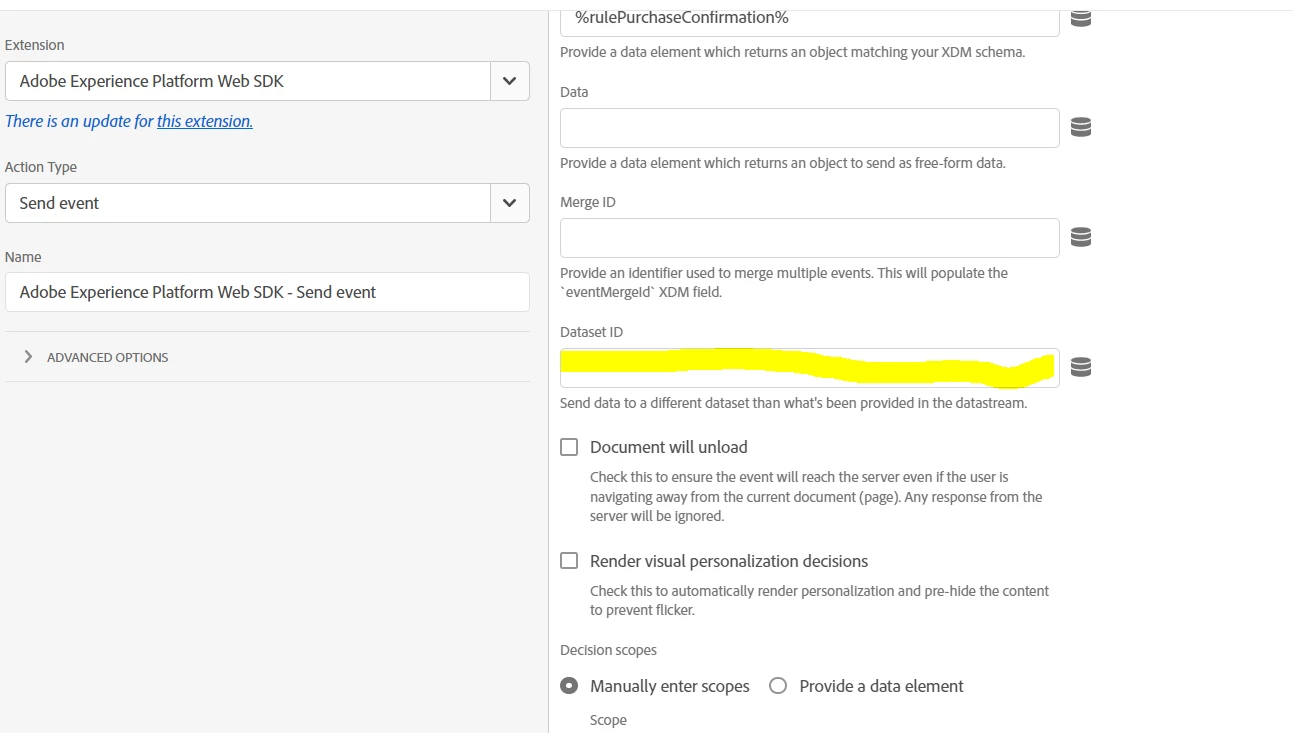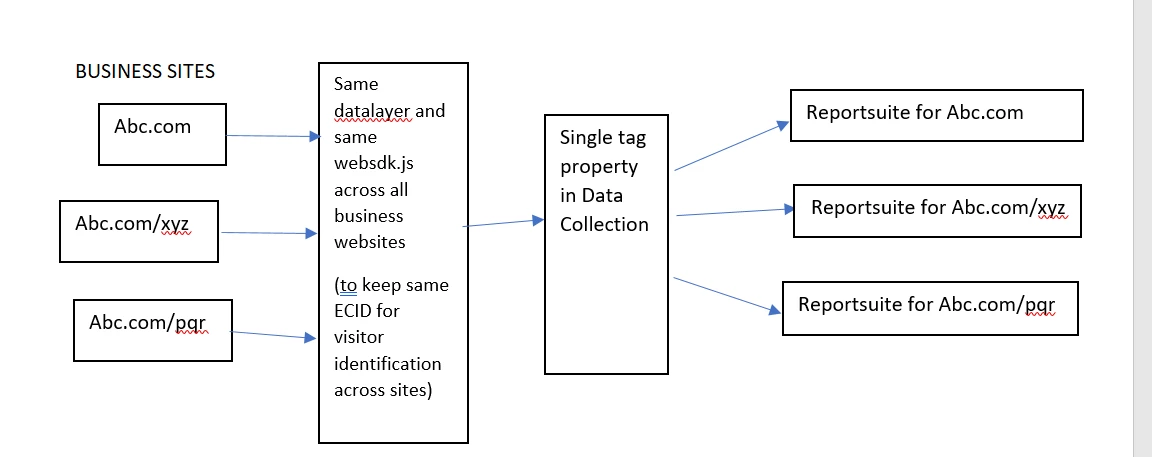I see that you are asking about "dataStreamId" and not "dataSetId".
The dataStream is selected (per Launch environment) in the AEP Web SDK main configuration. This setting is tied to the "instance" - most people only have one instance and take the default instance name of "alloy".
What you're asking to do seems possible, but also pretty complicated. Here's how I see it as being possible.
It is possible to have multiple AEP Web SDK instances (each with different data stream settings).
Let's say that you create two instances and name them "alloy A" and "alloy B".
"alloy A" sends data to the edge using dataStream A (which in turn populates AA Report Suite A).
"alloy B" sends data to the edge using dataStream B (which in turn populates AA Report Suite B).
You can create a rule with the appropriate conditions that does an XDM Send using the "alloy A" instance. You can then create an other rule with (hopefully mutually exclusive) conditions that does an XDM Send using "alloy B". I think that I'd include some indication of the instance in the rule name so that you can keep things straight in the UI.
IDK if this is an appropriate solution for you, but it's a solution nonetheless. 🙂




